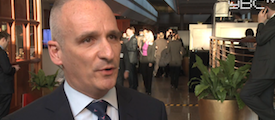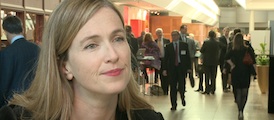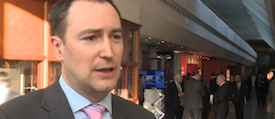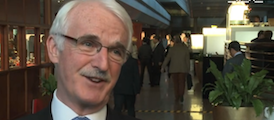According to research by Gallup, only 13% of employees Worldwide are engaged in their work. Similarly worrying statistics have shown up across several studies in recent years. Boston Research Group, for example, found that 27% of corporate bosses and only 4% of employees believe their firms are inspiring places to work. People are vital in hospitality at all levels. Studies suggest that, when it comes to motivating teams, it can be the basics that make the difference, such as positive contact with management and a pleasant working environment.
In this briefing experts share their insights on employee engagement and motivation:
The 2013 study ‘State of the Global Workplace’ by Gallup suggests that it is important to ensure employees have good working lives. This is because “engaged employees are more likely to be ‘thriving’ – i.e., to rate their overall lives highly on a zero-to-10 scale.”
There may be many different ways of dealing with this issue across different companies and hotel brands. One element of Misha Pinkhasov’s (featured) ‘shared value’ approach to business, is to always considering things on an individual level. The approach suggests that companies as a whole need meaning so that individual employees are inspired.
Engagement, or lack thereof, also reflects in a company’s profits. Gallup estimates that employee disengagement costs Germany €112 Bn to €138 Bn per year ($151 Bn to $186 Bn) and the U.K. between £52 Bn and £70 Bn ($83 Bn to $112 Bn) per year.
A report by Towers Watson suggests that good leadership can make all the difference. It says: “in companies where both leaders and managers are perceived by employees as effective, 72% of employees are highly engaged.” This report, Global Workforce Study 2014, also states that whereas some employees may be engaged on a basic level, they are lacking the ‘enablement’ (tools and resources) and ‘energy’ (from a good work environment) to perform at their best. They say that that this ‘unsupported’ worker accounts for 19% of the global workforce.
If you’ve been sent to this page and you’re not yet on the circulation list to receive these regular briefings and you would like to sign up, you can do see here. It’s free.
Video clips produced by ybc.hpgcms.wpengine.com for the Hospitality Channel, including interview from industry conferences such as the IHIF conference as well as specific Hospitality Channel shoots.





